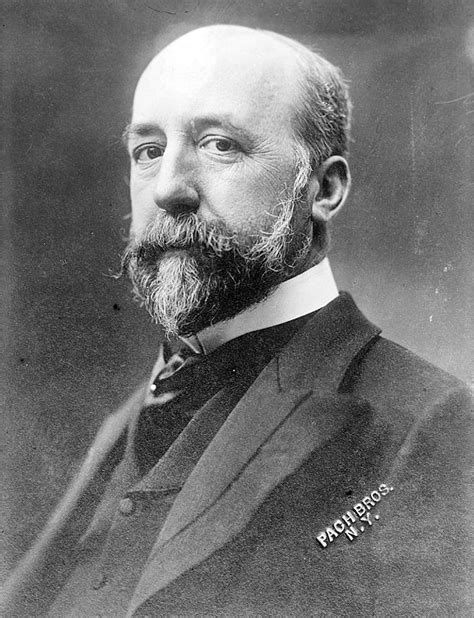A Quote by James Hillman
In the history of the treatment of depression, there was the dunking stool, purging of the bowels of black bile, hoses, attempts to shock the patient. All of these represent hatred or aggression towards what depression represents in the patient.
Related Quotes
Some authors have conceptualized depression as a "depletion syndrome" because of the prominence of fatigability; they postulate that the patient exhausts his available energy during the period prior to the onset of the depression and that the depressed state represents a kind of hibernation, during which the patient gradually builds up a new story of energy.
When people say there is a 'reason' for the depression, they insult the person who suffers, making it seem that those in agony are somehow at fault for not 'cheering up.' The fact is that those who suffer - and those who love them - are no more at fault for depression than a cancer patient is for a tumor.
There are many misconceptions about depression-mostly negative. Unfortunately, because depressed people think negatively about depression and its treatment, they don't get help, which allows the depression to worsen, which leads to more negative thinking, which produces a vicious cycle of suffering.
Manic depression is a type of depression, technically, and it's the opposite of uni-polar. Manic depression is also called bi-polar disorder. Some people don't like to call it that because they think it makes it sound too nice, when the reality is if you have manic-depression you have manic-depression.
In order that people who suffer from depression seek treatment without a second thought, the stigmas must further fall until we reach a point in time when that person with leukemia and that person with depression both receive the same level of sympathy and the same level of rigorous treatment. Both people deserve it.





































